The Writer's Life Chats with Sci-Fi Author B.A. Chepaitis
 Barbara Chepaitis is the author of 8 published books, including The Fear Principle featuring Jaguar Addams and the critically acclaimed Feeding Christine and These Dreams. Her first nonfiction book, Feathers of Hope, is about Berkshire Bird Paradise and the human connection with birds. She’ll follow that up with a book about Eagle Mitch, a bird she helped our US troops rescue from Afghanistan. Barbara is also past director of the storytelling trio The Snickering Witches, and faculty coordinator for the fiction component of Western Colorado’s MFA program in creative writing.
Barbara Chepaitis is the author of 8 published books, including The Fear Principle featuring Jaguar Addams and the critically acclaimed Feeding Christine and These Dreams. Her first nonfiction book, Feathers of Hope, is about Berkshire Bird Paradise and the human connection with birds. She’ll follow that up with a book about Eagle Mitch, a bird she helped our US troops rescue from Afghanistan. Barbara is also past director of the storytelling trio The Snickering Witches, and faculty coordinator for the fiction component of Western Colorado’s MFA program in creative writing. Facebook site for Barbara - http://www.facebook.com/profile.php?id=615302442
Barbara’s website: http://www.wildreads.com
The Fear Principle is available at wildside press - http://www.wildsidebooks.com/CHEPAITIS-B-A_c_315.html
Welcome to The Writer's Life, Barbara. Can you tell us a little bit about yourself and how long you’ve been writing?
A: I was raised in a small town in upstate NY, second generation daughter of Lithuanian and Italian immigrants. My house was full of people, noise, and music, since both my parents were musicians. I think the combination of music and the different languages spoken around our kitchen table drew me to a love of words. Just the sound of them intrigued me. Because of that, I’ve been playing with words since I could hold a pencil, and they continue to be my favorite toy. In fact, I can remember writing a small cartoon story about aliens and ants when I was in kindergarten. But I was dissatisfied with the plot, so I threw it out.

Can you please tell us about your book and why you wrote it?
A: My book, The Fear Principle, is the 13th anniversary issue of the first in a series of novels that feature Jaguar Addams as the protagonist. She’s a telepath and clairvoyant who works with her supervisor, Alex, on Prison Planetoid 3, where they’ve decided that all crime grows from fear, so to rehab criminals you have to make them face their fears.
In this first novel Alex has assigned her to Clare Rilasco, a deadly assassin who seems to have no fear. The case gets both Jaguar and Alex embroiled in a death plot to telepathically control the Planetoid, and forces Jaguar to face her greatest memories of fear. Jaguar, who colors way outside the lines and runs with scissors, has to do some quick thinking to save Alex and herself in this one.
What kind of research was involved in writing The Fear Principle?
A: Researching for fiction often involves processing experiences rather than seeking facts, and that was certainly true for The Fear Principle. The book and the characters asked me to sort through my own complex of fear, and the more traumatic aspects of my own past. I had to be on solid ground with myself in order to write characters who must face their own deepest fears.
I supplemented personal understanding with library research on trauma, PTSD, phobias, and interviews with psychologists and victims of trauma. In dealing with Jaguar’s ethnic background, which is related to the Mayans, I had to research spiritual traditions and practices. Again, I did this by participating in workshop and ritual with those who know the traditions, and supplemented experience with reading. I’ve found that experiential research tells you not only what the facts are, but what someone might feel about them - a vital aspect of character development.
Has it been a bumpy ride to becoming a published author or has it been pretty well smooth sailing?
A: I’ve had both bumpy and smooth sailing, and I think it’s important for writers not to be surprised or thrown off their game by either. New writers also need to remember that there is no one ‘right’ path to publication. It’s more like a series of odd roadtrips, with lots of detours, some of which are dead ends. For instance, I found an agent easily, but my agent never sold the first work she took on from me.
I wrote two more before she sold one, and in between I found an editor for a different book she wasn’t representing. In general, I’ve found that the ‘business’ end of writing is a very different space than the writing itself. When I’m doing my writing, I’m perfectly happy and at ease. When I’m dealing with the industry, I put on a crash helmet and my best professional demeanor, because I understand that they think in terms of markets and profits, while my writer self thinks in art and craft, character and the beauty of words. Writers have to be bilingual, speaking the language of two very different worlds.
For this particular book, how long did it take from the time you signed the contract to its release?
A: It took about a year, which is normal. There’s lots of production that has to happen, and publishers have a schedule they follow.
Do you have an agent and, if so, would you mind sharing who he/is is? If not, have you ever had an agent or do you even feel it’s necessary to have one?
A: I have worked with agents in the past and find them very valuable in many ways. They’ll spot problems in a contract I would never see, and they negotiate with editors in a different way than I ever could. They really have your back in the business realm, which leaves you free to do what you do best, which is write.
Do you plan subsequent books?
A: The Fear Principle is the first in a series of novels that features this world and these protagonists. I like writing series because they allow you to develop relationships between the characters over time. For instance, Alex and Jaguar clearly have some tension between them in the first novel. Her history makes her distrust just about everyone, and his history attracts him to what’s wild in the world. Having them in a series allows me, and them, to work that out.
Can you describe your most favorite place to write?
A: My husband and I built a house out in the country, and when we designed it I was very clear about what my writing space would be like. I’ve got a south facing office on the top floor, with huge windows that look out over the land to the mountains beyond. There’s a big old Shagbark Hickory right outside my window which gets filled with birds. At night, I see stars, and the moon in all its phases shining in on me. When I’m up here, between the thrill of writing and the view, I feel like a goddess. That, I think, is the appropriate attitude for a writer.
If money was no object, what would be the first thing you would invest in to promote your book?
A: I already have script versions of some of the Jaguar novels, so I’d take all my money and produce a series of Jaguar TV movies for the SyFy channel, or an ongoing miniseries for HBO. There’s two reasons for this: first, Jaguar is well-suited to that medium, with fast-paced stories and characters with enough complexity and eccentricity to work well in this venue. Second, that kind of media has an instant and large exposure. Since my earliest professional writing was in advertising, I know the importance of exposure.
How important do you think self-promotion is and in what ways have you been promoting your book offline and online?
A: Self-promotion is crucial, particularly for writers in the early phases of their career. In fact, these days the publishing world expects authors to have a plan for promoting their book, so we’ve had to become aware of our demographics, and adept at the skills of selling as well as writing. It makes many writers groan and run for a glass of wine, but there are parts of it I truly enjoy. I have a background as a professional storyteller, so doing a reading or a live talk is just plain fun for me. Attending conferences and conventions, giving talks and sitting on panels is an opportunity to be social and meet my readers. I also love a good interview on radio, television, or in the press. In fact, I sometimes host a call-in show for writers on WAMC, our local Public Radio station. Finally, I make use of social networks on-line for promotion.
What’s the most common reason you believe new writers give up their dream of becoming published and did you almost give up?
A: I think often for new writers they don’t understand the enormous amount of work involved as you move from writing to being published. When they face the sheer hours, they give up. Then, sometimes, there’s an internal editor who tells the writer they’re just not good enough. That’s a voice you have to ignore. What always helped me to do that was remembering that the story I’m writing is more important than my fears. This story, which no one else can put in the world, needs to be told. My job is simply to serve its needs.
Of course, I’ve had my moments when it seemed impossible. The worst was just before my first publication. I was in graduate school, working, divorced and raising an 11 year old son. I was staying up until around 2 or 3 in the morning to get a novel written, and one night when I came home from school I actually fell asleep at a red light. The car behind me laid on its horn and I hit the gas, shooting out into traffic. I realized then that I was actually putting my health and my safety at risk for writing. I had to ask myself, quite seriously, if I was willing to die for it. The answer came back yes, and I finished that novel and got it published.
Any final words of wisdom for those of us who would like to be published?
A: Before Jaguar enters the mind of one of her prisoners she says to them, “See who you are. Be what you see.” I recommend that writers do the same. That is, know why you’re writing, what your absolute intent is, then pursue it like a truffle hunting pig until you get where you need to be.
Thank you for your interview, Barbara. I wish you much success!
A: You’re very welcome. And may all your wishes come true!




















































































































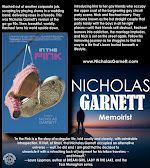


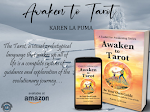
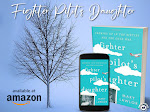
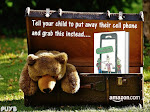



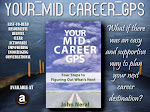
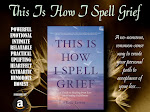
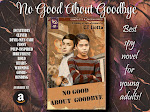


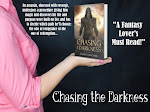
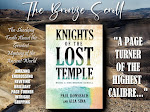





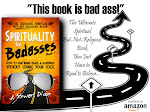



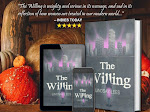
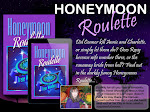
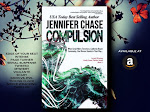

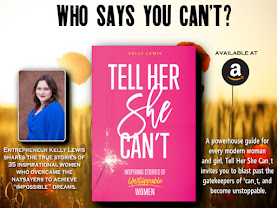









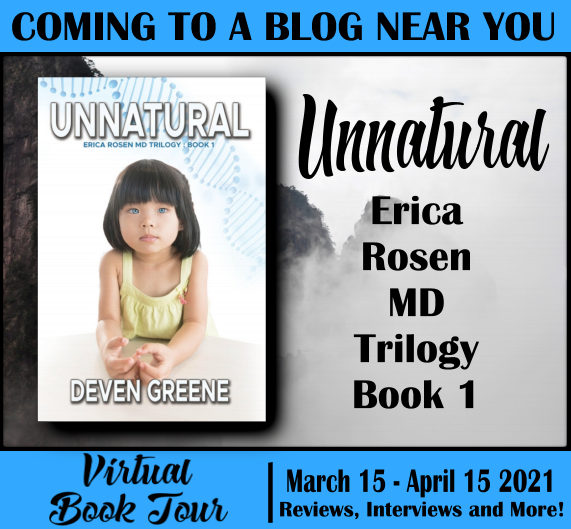
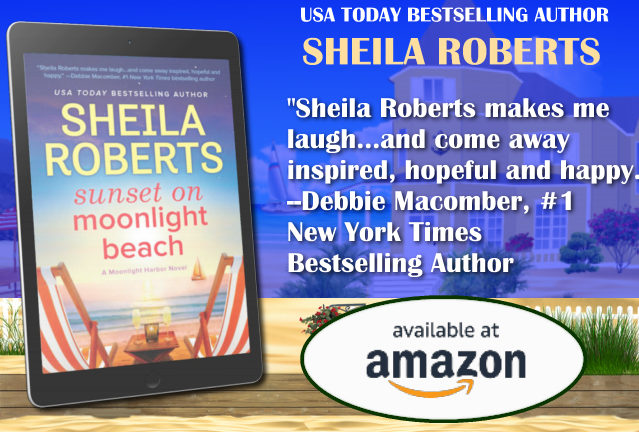
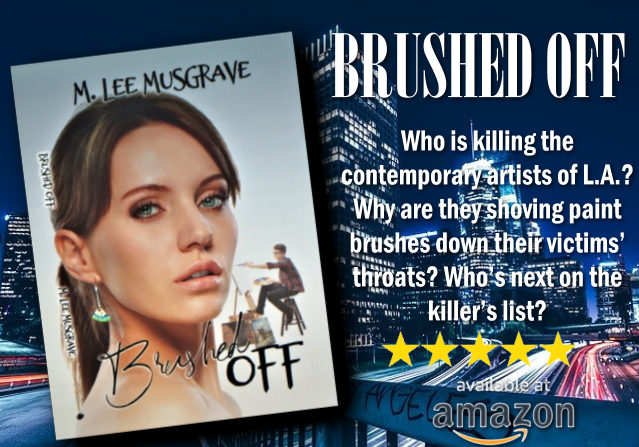


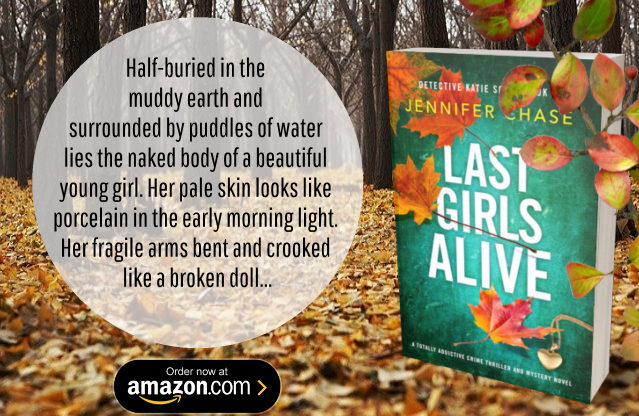
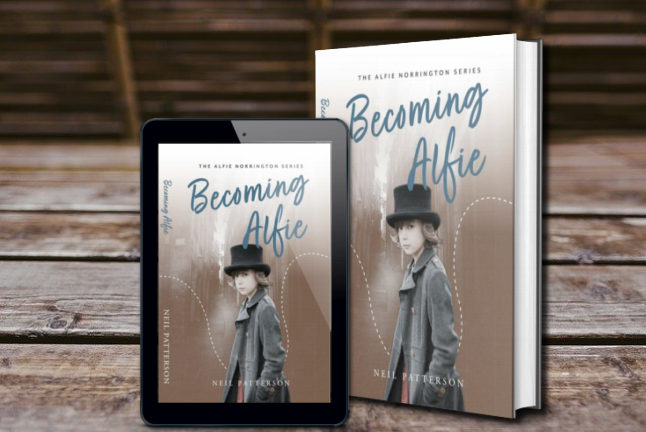
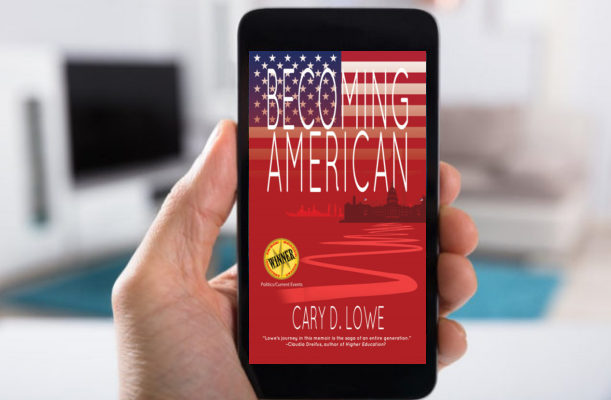

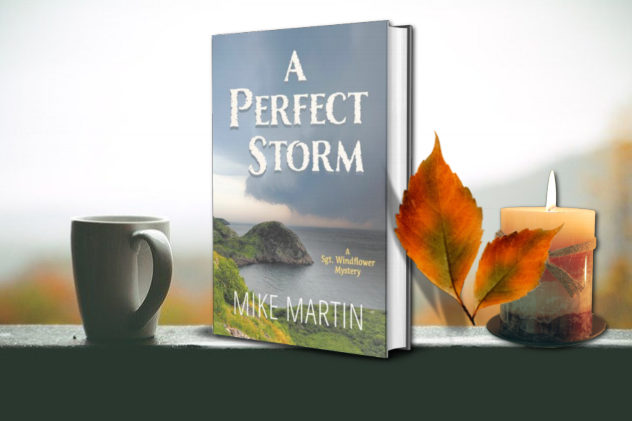
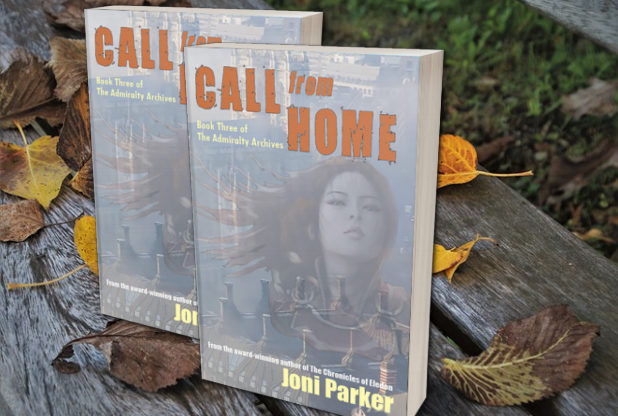
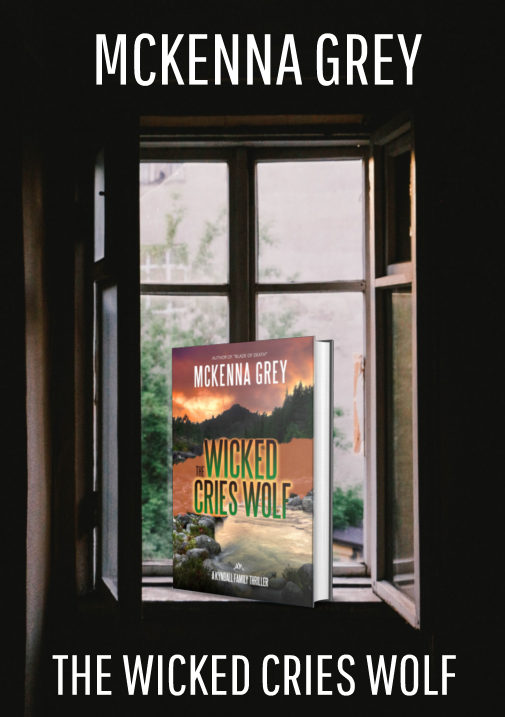


Leave a Comment